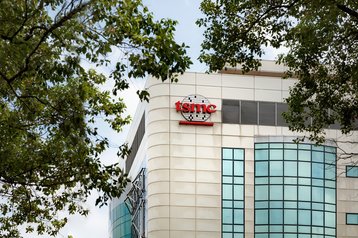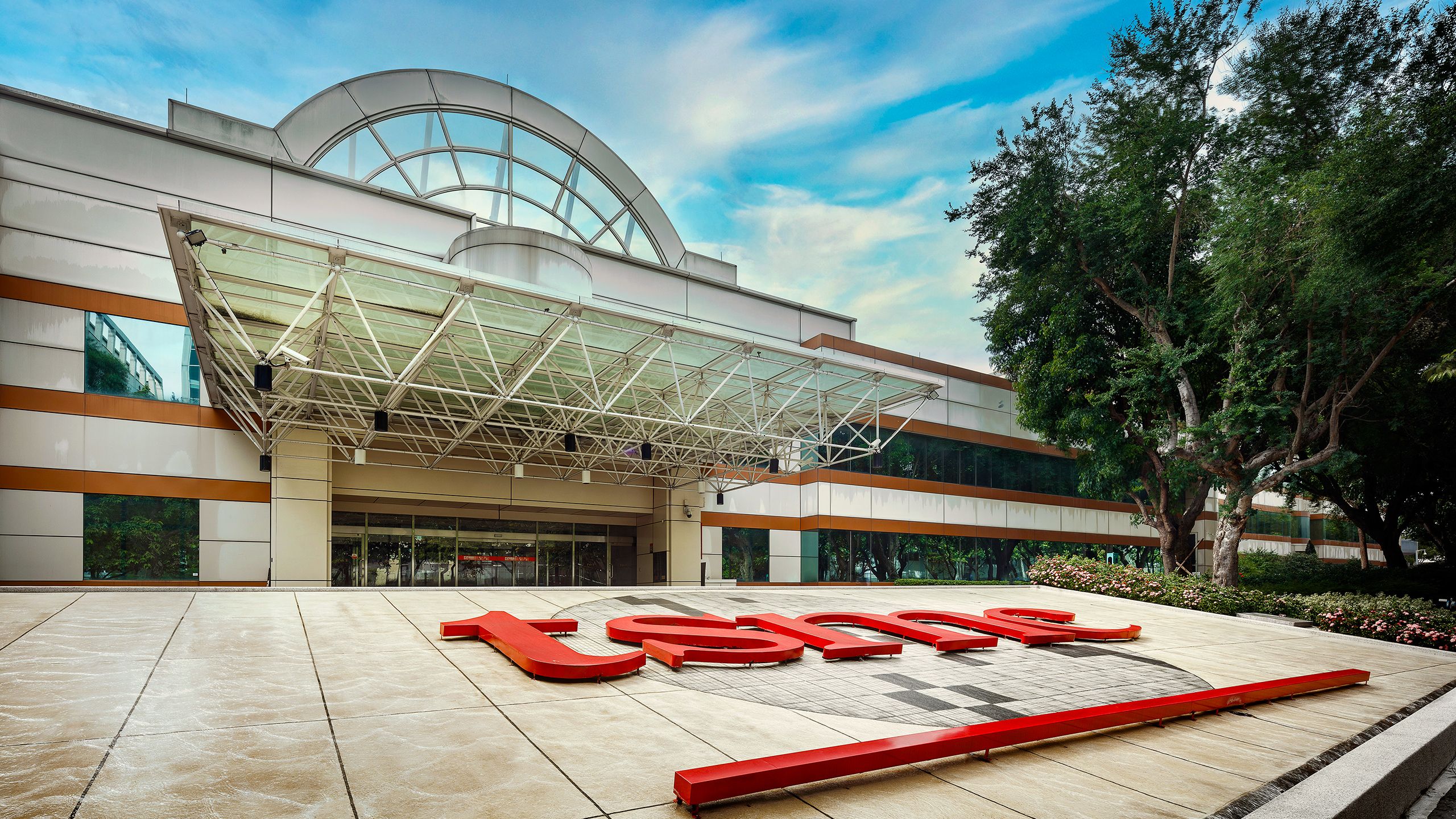Elbridge Colby believes in "broken nest” policy shared by some military academics
President-elect Donald Trump's nominee for Undersecretary of Defense for Policy has repeatedly pushed the idea of destroying TSMC's chip fabs in Taiwan if China invades.
Elbridge Colby said: "We’d be insane to let TSMC fall into China's hands untouched," in a May 2023 tweet, one of many pushing the idea of destroying the primary factories of the world's largest contract semiconductor manufacturer.

– Taiwan Semiconductor Manufacturing Co., Ltd.
US military academics have also previously suggested that, if China invades Taiwan, the country should instigate a ‘scorched earth policy’ and destroy its own semiconductor foundries in order to make itself a less useful and unattractive target. The "Broken Nest" paper was the US Army War College's most downloaded paper of 2021.
Colby, however, said in 2023 that such industrial sabotage should not be left up to Taiwan. "Sorry but that’s not just a Taiwanese decision. Far too important for the rest of us," he said.
Earlier this year, he said: "Disabling or destroying TSMC is table stakes if China is taking over Taiwan. Would we be so insane as to allow the world's key semiconductor company [to] fall untouched into the hands of an aggressive PRC? Taiwanese should realize that would be *the least* of their problems."
He also suggested enacting punitive sanctions on the US ally in order to encourage it to spend more on its own defense.
Colby served as Deputy Assistant Secretary of Defense in Trump’s first term, from 2017-18, where he helped write the administration’s national defense strategy.
In June 2018, Colby was appointed as Director of the Defense Program at the Center for a New American Security (CNAS). In 2019 he co-founded The Marathon Initiative.
With China viewing Taiwan as a breakaway province, it has openly spoken of a desire to reunify the island with the mainland and regularly carries out provocative military maneuvers near its borders.
Earlier this year, the US Secretary of Commerce Gina Raimondo told the House Appropriations Committee that a hypothetical Chinese invasion of Taiwan and seizure of TSMC would be “absolutely devastating” for the United States.
She said that “the United States buys 92 percent of its leading edge chips from TSMC in Taiwan,” meaning any disruption to that supply chain would have a significant impact on the US economy.
The Biden Administration passed the CHIPS Act in 2022, in part to reduce this reliance (and avoid the chip supply chain issues seen during Covid), but the act has been slow to disperse funds.
Many recipients are only now getting payments to build chip fabs - themselves highly expensive, slow to develop factories, that still rely on a global supply chain infrastructure to operate.
Incoming President Donald Trump has criticized the act, suggesting tariffs instead.
"That chip deal is so bad, we put up billions of dollars for rich companies to come and borrow the money and build chip companies here, and they're not going to give us the good companies anyway," Trump said on the Joe Rogan podcast.
It is not clear who he means by "the good companies." TSMC is set to receive $11.6 billion in CHIPS Act funding - $6.6bn in grants and $5bn in loans - and is building a major fab in Arizona.
US companies Intel, GlobalFoundries, and others have also been beneficiaries of the Act, alongside South Korean firms SK Hynix and Samsung.
However, in a 2022 paper for The Marathon Initiative, Colby criticized the idea of tariffs on Taiwanese chip companies.
"Indirect negative or punitive strategies are risky, given global reliance on the Taiwanese semiconductor industry," he said.
"Efforts to impose tariffs on TSMC and associated sub-groups would likely generate global resistance to the inevitable price increases. Additionally, US efforts to partially re-shore and near-shore its semiconductor supply chains will take time to come to fruition, and further, it is not clear that efforts to accelerate this process or penalize TSMC would make a timely, material difference in Taiwanese defense efforts."
He added: "To the degree that such a strategy might prove fruitful, however, placing tariffs on less powerful interest groups – such as the Formosa petrochemical, chemical, and plastics conglomerate – might provide a first step toward building the requisite critical mass for forming a political coalition for increased defense expenditure."




